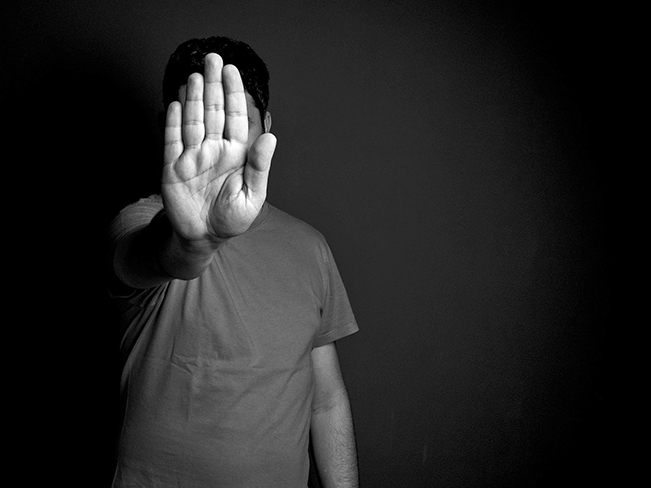Article by Kendra Lee, Communications Specialist, Department of Family Services
(Posted 2020 December)
 Intimate partner violence (IPV) happens too often in the United States. IPV is when a person uses power and control to inflict physical, sexual, emotional, or financial injury on someone with whom they have an ongoing relationship, and it needs to stop.
Intimate partner violence (IPV) happens too often in the United States. IPV is when a person uses power and control to inflict physical, sexual, emotional, or financial injury on someone with whom they have an ongoing relationship, and it needs to stop.
Many incidents are not even reported. It is believed that 1 in 4 women and 1 in 10 men experience IPV during their lifetime. Rates are harder to get for those 60 and above. An ElderSafe study found that for every case of IPV in older adults reported, 23 cases go unreported.
IPV in older adults is similar to the experiences of other victims of domestic violence: abusers control their victims through intimidation, isolation, threats and violence. But for older victims, abuse can be made worse by poor health and other age-related needs. Cognitive impairment also increases this risk. They are less likely to seek the services of a domestic violence program or call the police.
Abusers can include spouses and former spouses, partners, adult children, extended family and caregivers. They may limit access to medical care, give too much medicine or take away assistive devices.
- This generation didn’t have domestic violence services available when they married decades ago.
- IPV wasn’t as acceptable to talk about as it is now.
- Sometimes victims don’t realize they’re being abused, especially if that abuse isn’t physical. They might think it is only abuse if someone is hitting them.
- It could be because of the dynamic of the relationship and who the abuser is. If the abuse is the victim’s adult child, for instance, the victim doesn’t necessarily want to get that child in trouble. Victims also are less likely to report if their abuser is their caretaker because then who would take care of them?
- General changes in someone’s behavior. For example, someone who was outspoken but now seems withdrawn.
- Financial issues. Someone who has always been able to pay their bills, but now things are falling by the wayside.
- Bruises.
- Isolation.
These signs don’t always mean domestic violence, but they warrant concern.
- Support the victim.
- Avoid telling older adults what they should do. Instead, listen and give them information about resources. Reach out to Fairfax County’s Domestic and Sexual Violence 24-Hour Hotline at 703-360-7273 or the Aging, Disability & Caregiver Resources Line at 703-324-7948 (Monday-Friday, 8 a.m.-4:30 p.m.).
- In an emergency, call 911.
- To access advocacy and support for those receiving long-term care services, contact the Northern Virginia Long-Term Care Ombudsman Program at 703-324-4861 (Monday-Friday, 8 a.m.-4:30 p.m.).
This article is part of the Golden Gazette monthly newsletter which covers a variety of topics and community news concerning older adults and caregivers in Fairfax County. Are you new to the Golden Gazette? Don’t miss out on future newsletters! Subscribe to get the electronic or free printed version mailed to you. Have a suggestion for a topic? Share it in an email or call 703-324-GOLD (4653).


